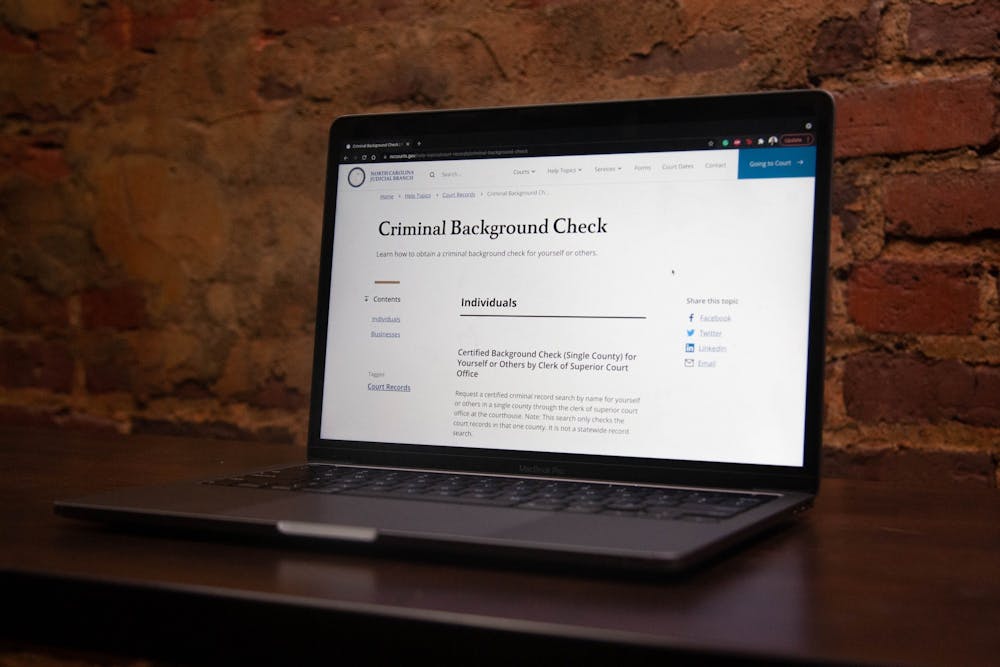Gov. Roy Cooper signed into law last week a bill that will expand opportunities for people to have felonies expunged from their records.
Under Senate Bill 301, up to three nonviolent felonies will be eligible for expunction if they occurred within 24 months of each other and if 20 years have passed since either the date of conviction or the completion of the sentence.
Severe felonies, such as murder, assault, sexual offenses and hate crimes, do not qualify for expunction.
Frank Baumgartner, a professor of political science at UNC who analyzed felony conviction data with the nonpartisan advocacy group Forward Justice, discovered that 64 percent of all people with convictions only had one felony, and less than 10 percent of them were charged with felonies in the highest categories (classes A-D).
“When people say felony, we think that it's a violent crime, but actually about 80 percent of felonies relate to drug possession,” he said. “It's a lot of very low level stuff.”
The consequences of having a felony are serious, he added. Direct effects are obvious: prison, fines and loss of access to some services. Beyond this, employers, apartments and schools running background checks can make it difficult for those convicted of a felony to find employment or housing.
“The big picture thing is the collateral damage that's caused by the economic and lifestyle consequences of having a felony conviction,” Baumgartner said. “They can keep you in poverty. And if you’re in poverty, you’re going to end up having to make bad choices.”
Rep. Graig R. Meyer, D-Caswell, Orange, has experience in social work and said felonies make it difficult for people to rejoin society.
“I saw the way that even a short incarceration damaged families and made it difficult for parents to be able to take care of their kids financially once they got out,” Meyer said.



